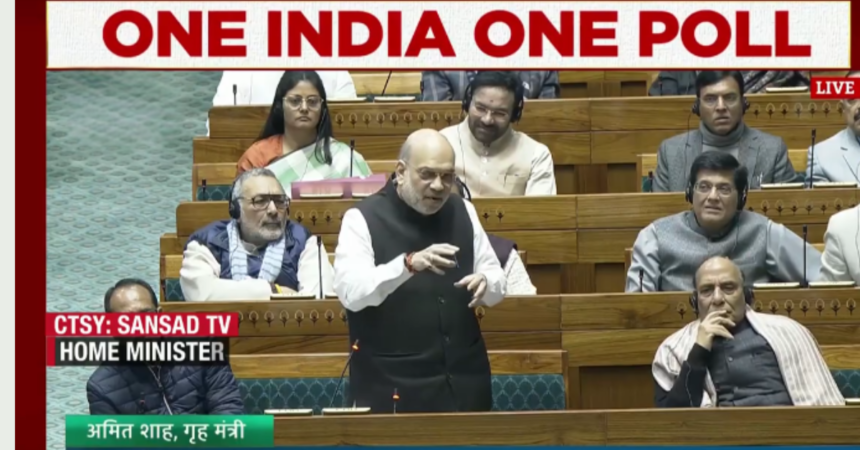The purpose of the Reserve Bank of India’s pressure on banks and fintechs is to clean up this sector and bring it under strict regulations. The primary aim is to protect customers, curb fraud, and bring more transparency to the financial sector. However, often the actions taken by the Reserve Bank of India on these banks and fintechs can severely entangle common customers.
Recently, there has been an issue with Paytm Bank related to credit cards. Millions of people in the country have credit cards, and this action by the Reserve Bank could be a big problem for a large number of credit card users. The important thing is that this new rule by the Reserve Bank is set to take effect from July 1, which means a big problem will be standing before you within just 10 days. Therefore, this news is very important for you. Let’s give you all the information.
The Reserve Bank’s order states that from next month, i.e., from July 1, you will not be able to pay credit card bills through any third-party payment platform. According to a report by the Economic Times, the RBI’s plan is that all these payments should be made through the Central Bill Payment Network, also known as Bharat Bill Payment System (BBPS). You must have understood this much, but now you might be asking why there is such a hassle.
The issue is that currently, only a few selected banks are connected to BBPS. Now the question is, what problem will this cause for you? This question might be on your mind, so let’s answer it. Many people make their credit card bill payments through fintech startups, meaning many people use third-party platforms like PhonePe, BillDesk, and Infibeam Avenues to pay their credit card bills. You might be doing the same because it allows you to pay bills quickly without much hassle. However, according to the new rule by the Reserve Bank, from next month, i.e., from July 1, you will not be able to pay credit card bills through these apps or platforms. This will definitely be a big problem for you regarding how to pay your credit card bill next month. This also creates a big problem for fintech startups. A large part of their business comes from credit bill payments. This means that the RBI’s decision could severely disrupt their business.
To understand this issue in more depth, currently, 34 banks in the country are allowed by the RBI to issue credit cards, and the troubling fact is that only a few of these banks are connected to BBPS. This means that platforms like PhonePe and Cred can only process bill payments for customers whose banks are connected to BBPS. This means that from July 1, a big problem could arise for customers of 26 banks regarding their card payments.
So, what will be the method of paying credit card bills now? The answer is that you will have to set up direct debit, i.e., start auto bill payment, or you will have to do it through net banking. Talking about the banks that issue credit cards, the highest number of credit cards in the country are with HDFC Bank, which has around 20 million credit cards in circulation. SBI Card comes second with 19.9 million credit cards, although SBI Card is on BBPS, so its customers will not face any issues.
ICICI Bank has 17 million credit cards, and Axis Bank has 14.2 million credit cards, and their customers are now stuck. Kotak Bank has 6 million cards and is on BBPS. Recently, the Reserve Bank of India issued an order stating that after June 30, all credit card payments will be processed only through BBPS. However, considering customers’ difficulties, the Payments Council of India (PCI) has requested the RBI to extend this deadline.
Conclusion
So, let’s also tell you the purpose of the RBI’s step. The Reserve Bank of India wants to centralize all bill payments. This will help the RBI understand payment trends better, and it will also help track and prevent fraud. This step has been taken considering the transparency that the RBI wants to bring. Overall, although the RBI is taking this action with a big objective, it has affected not only a large number of credit card customers but also the startups that provide convenience to customers for bill payments. What remains to be seen is whether the Reserve Bank will give any relaxation on this deadline.
Read here: Jio, Airtel, Vi Recharge Plans Price Hike Announced: Here’s how much it will cost you
Read here: New telecom law comes into effect in India: maximum 9 SIM cards per Person










